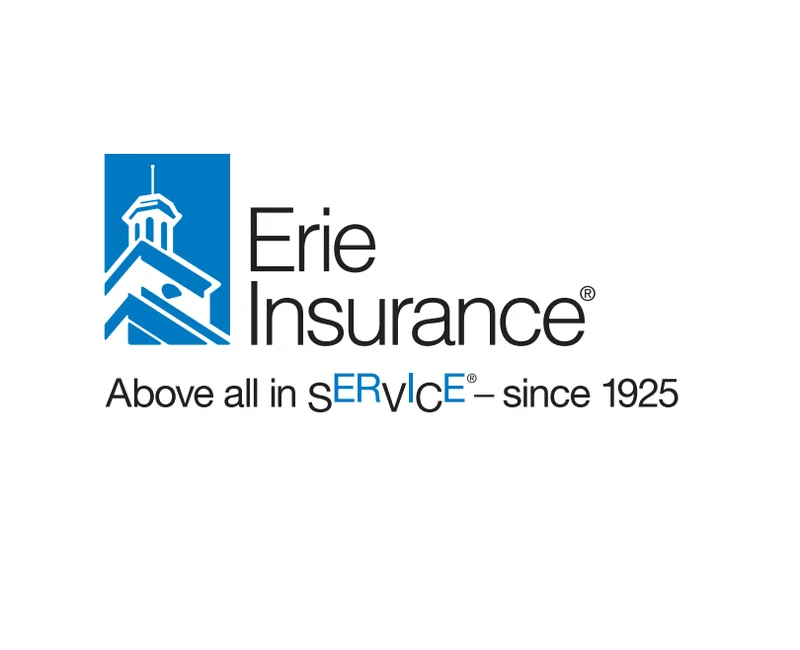When the Sky Falls, Your Insurance Company Might Just Hand You a Band-Aid
Let’s be real. Nobody likes tornadoes. They rip through towns, tear up lives, and frankly, they’re terrifying. But what’s almost as terrifying? Dealing with your insurance company after the fact. Especially when they act like a Category 5 gaslighter. That’s the vibe I’m getting from this whole mess down in Nashville, where Erie Insurance is duking it out in federal court with Yellowbird Oil & Gas. An EF2 tornado hit their gas station back in December 2023, 80 mph winds, the whole nine yards. Yellowbird says their EPDM rubber roof got absolutely trashed, water poured in, fried their equipment. Sounds pretty straightforward, right? A commercial property policy, windstorm coverage – that’s why you pay those premiums, isn’t it?
Well, if you thought this was going to be an easy payout, you clearly haven’t dealt with an insurance giant lately. Yellowbird brings in Premier Claims, LLC, and they estimate the damage at a cool $141,095.86. That’s for a broad roof failure, water intrusion, the works. Seems reasonable for a commercial property hit by a tornado. But then, Erie's independent engineer waltzes in. Oh, they acknowledge some tornado-related roof damage, sure. But then they pull the old switcheroo: most of the water intrusion? Nope, not tornado-related, they claim. Give me a break. It's like getting hit by a bus and the paramedics tell you, "Yeah, you've got a broken leg from the impact, but that other broken leg? That was probably just from walking around yesterday." Seriously, who buys that line?
The Art of the Lowball and the Legal Loophole Dance
So, after all that, what does Erie Insurance offer? A measly $3,204.77 for "isolated patch repairs." After they deduct the $2,500 deductible, Yellowbird is looking at a grand total of $704.77. Seven hundred bucks. For a gas station hit by an EF2 tornado. I mean, my morning coffee costs more than that if I get fancy. Yellowbird, understandably, isn't having it. They’re arguing Erie’s assessment is criminally low, that they ignored infrared imaging and moisture documentation – you know, actual evidence. And patching saturated areas? Yellowbird points out that’s a building code violation. This isn't just about a roof. No, it's about the entire integrity of their business, and Erie's trying to put a band-aid on a gaping wound.
What gets me is the audacity. Yellowbird is straight-up accusing Erie of breaching contract and acting "vexatiously and unreasonably" under Tennessee law. They're not just asking for the policy limits; they want a statutory 25% penalty, attorney fees, and punitive damages. And good for them, frankly. This isn't just about this one gas station, is it? This is about every small business owner who pays their premiums, thinks they're covered, and then gets absolutely hosed when disaster strikes. It makes you wonder what the point of insurance even is if they're gonna fight you tooth and nail when you actually need it.

The Best Car Insurance? Maybe. For Tornadoes? Not So Much.
And here’s the kicker, the real gut punch. Erie Insurance Group, according to Consumer Reports, is ranked as the best car insurance company. Best! Based on a national survey, high satisfaction with claims handling, policy clarity, fair prices. My question is, are we talking about the same Erie Insurance? Maybe they’re aces at fender benders and busted taillights. But when it comes to a real, honest-to-God act of nature, like an EF2 tornado, suddenly their "strong coverage" and "fair prices" seem to evaporate like morning dew.
It's always the same story, ain't it? Big corporations smiling for the camera until it's time to actually pay up. It reminds me of that time my internet provider promised "unlimited data" then throttled me after 100GB. Complete BS. You trust these companies with your money, your peace of mind, and then when the chips are down, they pull out the lawyers and the fine print. This whole Nashville legal battle highlights the sheer, infuriating complexity of insurance coverage in tornado-prone areas. It's not just about clear policy language; it's about whether the insurance company wants to interpret it clearly, offcourse. Resolving these things always involves "thorough documentation and expert testimony," which is just code for "prepare to spend a fortune on lawyers."
What's the Real Cost of a "Best" Reputation?
This case is still in its early stages, no rulings yet. But the implications? Massive. Stakeholders in the insurance sector are watching this one like a hawk, and you can bet Yellowbird isn't just fighting for their roof; they're fighting for a principle. They’re fighting for every policyholder who's been told their legitimate claim is somehow not legitimate enough. What's the real cost here for Erie? A few grand now, or a destroyed reputation if this goes south for them?
More Like "Eerie" Insurance, Am I Right?
Look, I get it. Insurance companies aren't charities. But when a company that's lauded for customer satisfaction pulls this kind of stunt after a natural disaster, it makes you question everything. They sell you peace of mind, then turn around and make you fight for it in court. The tornado was a disaster, sure, but Erie's response? That's the real catastrophe. It ain't just about the money; it's about principle, and frankly, it's about basic human decency... or the lack thereof.
